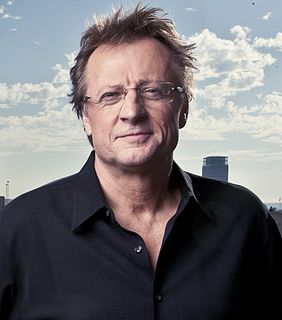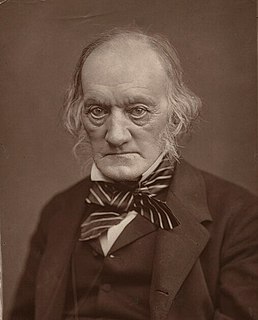A Quote by Seth Godin
No organization ever created an innovation. People innovate, not companies.
Quote Topics
Related Quotes
There are companies that are good at improving what they're already doing. There are companies that are good at extending what they're doing. And finally there are companies that are good at innovation. Every large company has to be able to do all three - improve, extend, and innovate - simultaneously.
Tech companies like to set stretch goals, like we'll try to be the best company for women and minorities, and we have to ask, "What does that really mean?" By setting a goal like that, it makes all of us pay attention to that idea and try to innovate around it, to understand the underpinnings. One piece is being transparent, saying "Hey, we have an issue, we're open to innovation on it." It's important for innovation to prove that more diversity makes better products.
Implementing any major changes to the way companies operate requires time and determination and the shift to globally integrated innovation is no exception - it calls for new capabilities to be built, changes in the structure of the innovation organization, new systems, processes and mindsets. The scope and scale of this task shouldn't prevent executives from starting down the path of change as the systemic nature of innovation activities means that every single element of change that's brought about will make a difference.
Technology enables consumers and investors to have extraordinary choice and ease of switching, which, in turn, stimulates much fiercer competition than ever before, which, in turn, makes it imperative for every institution to innovate like mad. That innovation is powering our economy these days, and it requires companies to find and utilize creative workers. That's the most important syllogism going; technology is embedded in that syllogism, but it's not as if we're seeing these productivity gains because of the technology.
Innovation is a subset of creativity. Innovation often deals with product launches and is often relegated to the C-suite or to heads of R&D departments. Innovation requires creativity, but creativity is something that is much more broad. It applies to people at all levels of an organization. Today, we all are responsible for delivering "everyday creativity". Small creative acts that add up to big things.





































